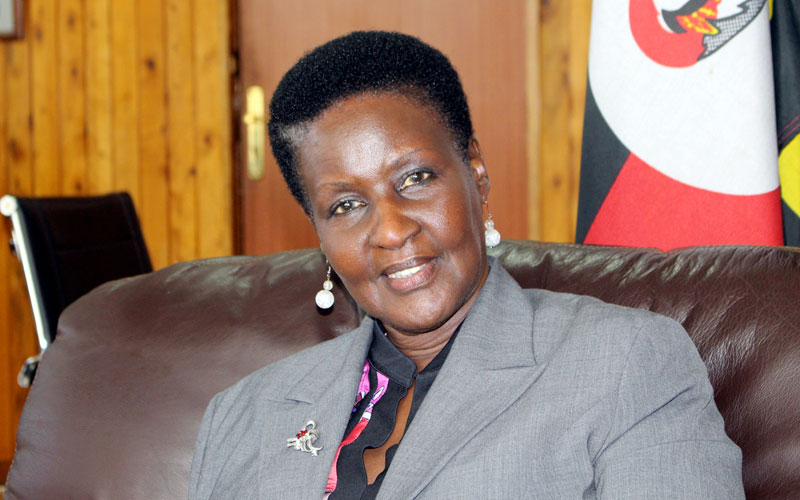Uganda’s population is growing at 3.4 per cent each year and this means the East African country must look abroad to ensure it can keep improving the prosperity of its population.

To date, this has been achieved, with Uganda’s GDP standing at between $25 billion and $26 billion, and a growth rate of around 7 per cent, marking it out as one of the highest in the world. Meanwhile inflation has dropped down to 6.6 per cent, and with English as a main language, the pieces are in place for the East African nation to make the most of its trading opportunities.
Uganda is already part of the East African Community (EAC), which – with a combined population of 149 million people – provides a substantial market for goods.
“Then we have the Common Market for Eastern and Southern Africa (Comesa), which has 19 member states and a population of 470 million, which is a huge market,” explains Amelia Anne Kyambadde, Minister of Trade, Industry, and Cooperatives. “We are in both regional blocs because we want to create a broader market for people who are investing in Uganda.”
Much of that investment has been centred around the country’s great natural resource reserves and its recently discovered oil and gas reserves, which are set to be exploited in the near future. Mineral resources such as cobalt, copper, gypsum and limestone provide further potential.
Such capital-intensive industries have required investment and Uganda has been implementing public-private partnerships (PPPs) to encourage expansion. “[The state] can come in as equity and partner with prospective investors in that area to mine those minerals,” Ms Kyambadde says.
Mining, oil and gas exploration are not the only industries set to bolster Uganda’s economy. The country’s geographical location means it is home to an array of wildlife, and encouraging foreign tourists to visit is also at the centre of the minister’s plans for increasing trade figures.
“Tourism is another promising area,” the minister adds. “When you talk about tourism, you must come to Uganda. The potential that we have in the area of wildlife is big. There is the Big Five [safari]. It is rare in Africa to find a country that has all five.”
Agriculture is another sector that has been cited as a major growth area, particularly building on the country’s coffee production. This market, like most other agri-businesses in Uganda, requires further investment in processing facilities however, enabling raw materials to be turned into secondary goods that provide greater revenues for the country.
“We would like to cover the entire chain, up to when it becomes instant coffee,” says Ms Kyambadde. “We greatly welcome the idea of someone coming to the country to start a factory. That would add value to some of those agricultural commodities.”
Securing reliable energy supplies for the booming economy also provides another avenue for investment, with opportunities available in generation, distribution and transmission of power. Solar energy also stands out for growth potential that is currently untapped, while hydropower is now being exploited.
Developing such projects will be vital to Uganda’s future prosperity and Ms Kyambadde highlights the work of the Uganda Investment Authority, a “one-stop investment centre” as she calls it, that provides assistance at all stages.
Red tape is also being cut and the country’s legal and regulative processes are becoming more efficient, with the hope that such actions will encourage foreign investors to share in the East African nation’s development.
0 COMMENTS